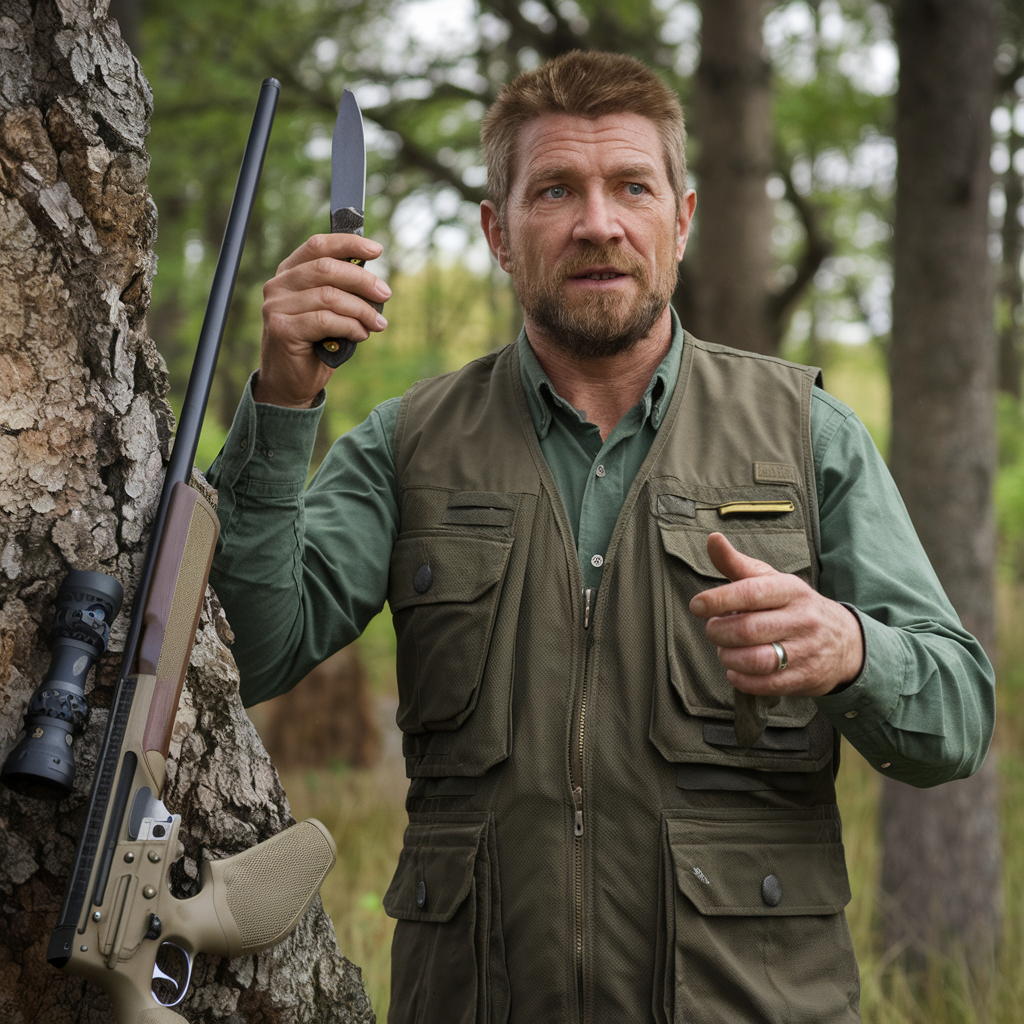Exploring the Benefits of Hunting for Conservation

Hunting has long been a tradition practiced by individuals worldwide, and in recent years, a growing focus has been placed on how hunting contributes to conservation. For firearm enthusiasts and outdoor explorers alike, understanding the connection between ethical hunting and wildlife preservation is both enriching and essential.
How Hunting Benefits Conservation Efforts
Contrary to common misconceptions, hunting plays a significant role in sustaining ecosystems and conserving wildlife populations. Here’s how:
- Population Management: Regulated hunting prevents overpopulation of certain species, which can lead to habitat destruction and resource competition.
- Funding Through Licensing: Hunting licenses and fees generate money that funds wildlife preservation initiatives, habitat restoration, and public land upkeep.
- Promoting Biodiversity: Ethical hunting helps maintain ecological balance by controlling invasive species and protecting native flora and fauna.
For example, in regions where deer populations grow unchecked, they can overgraze vegetation, which in turn affects smaller mammals and bird species. Responsible hunting prevents imbalances like these, fostering healthier ecosystems overall.
The Role of Hunters in Conservation Education
Hunters often serve as key advocates for environmental stewardship. Through responsible practices, they educate others on the importance of maintaining balance in nature. Organizations such as Ducks Unlimited and Rocky Mountain Elk Foundation, which are supported by hunters, focus on preserving habitats for waterfowl and elk populations.
Hunters also contribute to scientific research by providing data on animal populations. This helps wildlife agencies set sustainable quotas and track trends, ensuring hunting activities do not endanger species.
Ethical Hunting and Wildlife Conservation Laws
Ethical hunting adheres to legal and conservationistic principles, ensuring minimal impact on ecosystems. Key aspects of ethical hunting include:
- Abiding by Regulations: Hunters follow laws concerning hunting seasons, bag limits, and species restrictions. These measures are established based on ongoing wildlife studies.
- Fair Chase Practices: Ethical hunters respect wildlife by avoiding unfair advantages, such as baiting or hunting from motor vehicles.
- Humane Practices: Responsible hunters ensure a quick, clean kill to minimize suffering.
In addition, most states mandate hunter education courses that emphasize safety and conservation principles. These courses instill values that contribute to the responsible stewardship of natural resources.
Examples of Hunting Aiding Conservation
The relationship between ethical hunting and conservation is backed by numerous success stories:
- The North American Model of Wildlife Conservation: This approach is credited with bringing species such as elk, wild turkey, and white-tailed deer back from the brink of extinction.
- Duck Stamp Funds: Since its inception, the federal Duck Stamp program has raised billions of dollars to protect wetlands and waterfowl habitats, benefiting over 900 species.
- Texas Exotic Game Ranches: Private ranches in Texas have bred and preserved species like the scimitar-horned oryx through regulated game hunts.
These examples emphasize the crucial role hunters play in aiding species recovery and preserving wildlife diversity.
How Hunters Can Support Conservation Beyond Hunting
Hunting is just one part of a broader conservation effort. Here are additional ways hunters can contribute:
- Donating to Conservation Charities: Supporting organizations like the National Wildlife Federation can amplify conservation efforts.
- Volunteering for Habitat Restoration: Many groups offer opportunities to participate in clean-up projects, tree planting, or water conservation efforts.
- Advocating for Wildlife Management: Hunters can engage in discussions with policymakers to promote initiatives that protect natural areas and wildlife corridors.
These actions ensure that hunters are custodians of the environment, extending beyond their activities in the field.
Encouraging New Hunters to Embrace Conservation
As seasoned hunters, sharing your knowledge with newcomers to the sport is vital for ensuring they uphold conservation values. Mentoring can include:
- Teaching ethical hunting practices and the principles of fair chase.
- Emphasizing the importance of following local regulations and respecting wildlife.
- Introducing them to outdoor organizations that prioritize conservation.
By mentoring responsibly, experienced hunters ensure that future generations continue to uphold high standards and contribute to wildlife stewardship.
The Broader Impact of Hunting on Conservation
Hunting’s contributions to conservation extend beyond wildlife populations. Ethical practices also promote a deeper respect for nature, encouraging outdoor enthusiasts to care for public lands and resources. This connection further enhances efforts to conserve America’s outdoor heritage.
Firearm users and hunters have the unique opportunity to blend their passion for the outdoors with meaningful action. Each license purchased, habitat conserved, and practice taught contributes to a legacy of stewardship and sustainability.
A Call to Action
Exploring the benefits of hunting for conservation reveals a symbiotic relationship between hunters and the environment. By engaging responsibly, hunters become indispensable allies in preserving our planet’s natural treasures. Whether you’re an experienced hunter or just starting out, take pride in your role as a conservationist.
Looking to further expand your hunting knowledge and safety skills? Check out our resources on firearm training and outdoor safety at 2AGun.com.



